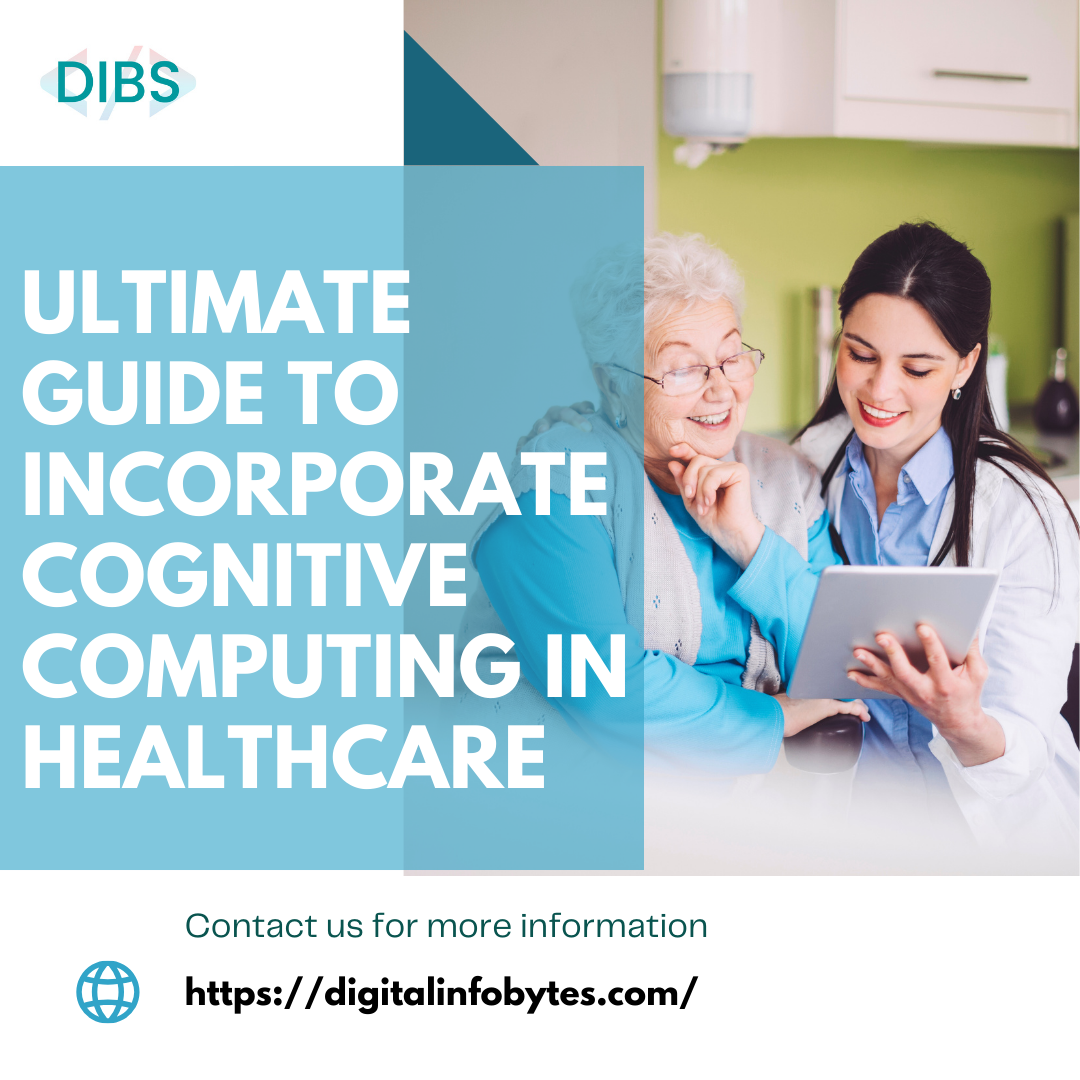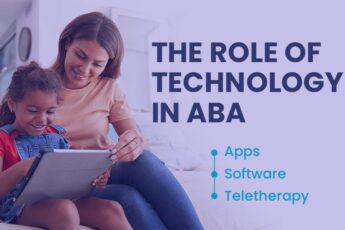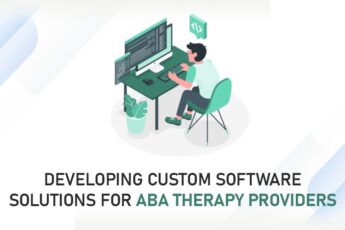The healthcare industry has evolved rapidly with the advancement in technology. From patient care to diagnosis, every aspect of healthcare uses technology to maximize overall efficiency. These technologies have proved to improve the quality of healthcare delivery over the years. One of the technologies that has shown success since its integration is cognitive computing. Cognitive computing has proved to be a game changer in healthcare by using the ability to stimulate the human thought process. It has helped enhance decision-making, streamline processes, and improve patient outcomes. Through this blog, we will explore the concept of cognitive computing, its benefits in healthcare, and how a medical professional can incorporate cognitive computing in their healthcare centers.
Understanding Cognitive Computing
To incorporate cognitive computing in healthcare centers, it is important to understand how it works. Cognitive computing is a branch of artificial intelligence (AI) that uses Natural Language Processing (NLP) to mimic human thought functions and stimulate them using machine learning. In the healthcare industry, the system analyzes huge amounts of data and produces insights. Using machine learning, the system learns the various categories of analytics. Cognitive computing involves a self-learning system that can refine the knowledge learned by acquiring new knowledge from the data fed and changing the way it identifies an issue. Healthcare professionals benefit from cognitive computing as it creates an automatic IT system that is capable of solving problems without human assistance. Cognitive computing also improves the quality of healthcare delivery through its fast and meaningful insights.
How Cognitive Computing Enhances Healthcare
Healthcare is a patient-oriented field and thus before introducing any technology, it is important to understand the benefits it brings to the healthcare of a patient. Let us understand how we can enhance patient’s health by integrating cognitive computing into healthcare.
Diagnostic Accuracy
Using machine learning and NLP, Cognitive computing systems continuously update their learning based on the new information received. This enables the system to refine the way it identifies patterns, and processes data so it can anticipate new problems. These data include patient records, medical images, and genetic information. Using a cognitive computing system enables healthcare providers to identify patterns and abnormalities that may be a challenge for human practitioners. This leads to more accurate and timely diagnoses, improving the overall quality of patient care.
Personalized Treatment Plans
Every patient is unique, and so are their healthcare needs. Cognitive computing can be beneficial in providing personalized medicine to an individual. Using AI, it analyzes a patient’s medical history, genetic makeup, and lifestyle factors and generates personalized treatment plans. Cognitive computing eases the process of providing a tailored approach for the patients. Effective solutions are provided after considering all the data of the patient.
Predictive Analytics
Healthcare professionals use cognitive computing to effectively predict disease trends and potential outbreaks. They analyze historical patient data and predict the chances of specific health issues in certain populations. This insight helps healthcare providers manage resources more efficiently, take preventive measures, and improve public health outcomes.

Incorporating Cognitive Computing in Healthcare Centers
Medical professionals are now accepting cognitive computing into their daily routines. They have integrated cognitive computing into their healthcare systems but cannot leverage the technology to its full capacity. A medical professional can consider the following points to efficiently use cognitive computing in healthcare services.
Data Integration and Interoperability
Cognitive computing mainly uses AI and NLP for its functioning. Healthcare centers need to integrate their existing systems with AI platforms. Also, they should establish a well-connected system of devices that can enable data-sharing. Data are usually gathered from various sources and it is important to store them in a single unit so that they can be used efficiently. Thus, healthcare providers should develop a system to integrate all the data in a centralized data storage unit. This helps the healthcare providers to enhance accuracy and provide complete information to the cognitive computing system.
Investing in AI Infrastructure
A good AI system is important for an efficient cognitive computing system. A healthcare service provider should look for ways to improve AI infrastructure in their center. This can be done by investing in high-performance computing systems. The organization must integrate cloud-based platforms and secure data storage solutions for their computing systems. By enabling this healthcare centers can ensure the efficient processing of large volumes of medical data.
Training Healthcare Professionals
Cognitive computing can ease the job of a healthcare professional if it is integrated correctly. Healthcare professionals should develop the skills to use these complex technologies. Therefore, by implementing training programs in healthcare centers; doctors, nurses, and other staff can learn the capabilities of cognitive computing. This includes understanding how to interpret AI-generated insights and collaborate with these systems to optimize patient care.
Ensuring Data Security and Privacy
Healthcare data can be sensitive and it is crucial to maintain data security and privacy. Healthcare centers must implement strong cybersecurity measures to safeguard patient information. Introducing encryption protocols and managing access control is quite important and should not be neglected. Regular security checks should be conducted to control any breach in security. By keeping up with data protection regulations, such as HIPAA in the United States, healthcare centers can gain patient trust.
Collaboration with Technology Partners
Healthcare centers can benefit from collaborating with technology partners specializing in cognitive computing. These partnerships can provide access to cutting-edge AI solutions, technical support, and ongoing updates. Collaborative efforts with AI developers and vendors can customize the cognitive computing tools to suit the needs of a medical center.
Conclusion
Cognitive computing has helped healthcare professionals to efficiently deliver care to their patients. With the integration of cognitive computing in healthcare; diagnosis and prediction have been made easier. Healthcare professionals can efficiently operate their centers with the help of cognitive computing. To do so, healthcare centers should leverage their computing system by integrating AI and building a strong cyber security network. Conducting effective training is also essential to initiating cognitive computing smoothly.
Talk to our experts to learn more about how you can incorporate cognitive computing into your healthcare system. You can find out how the DIBS team can help in optimizing your existing computing system with cognitive computing technologies.







Leave a Comment